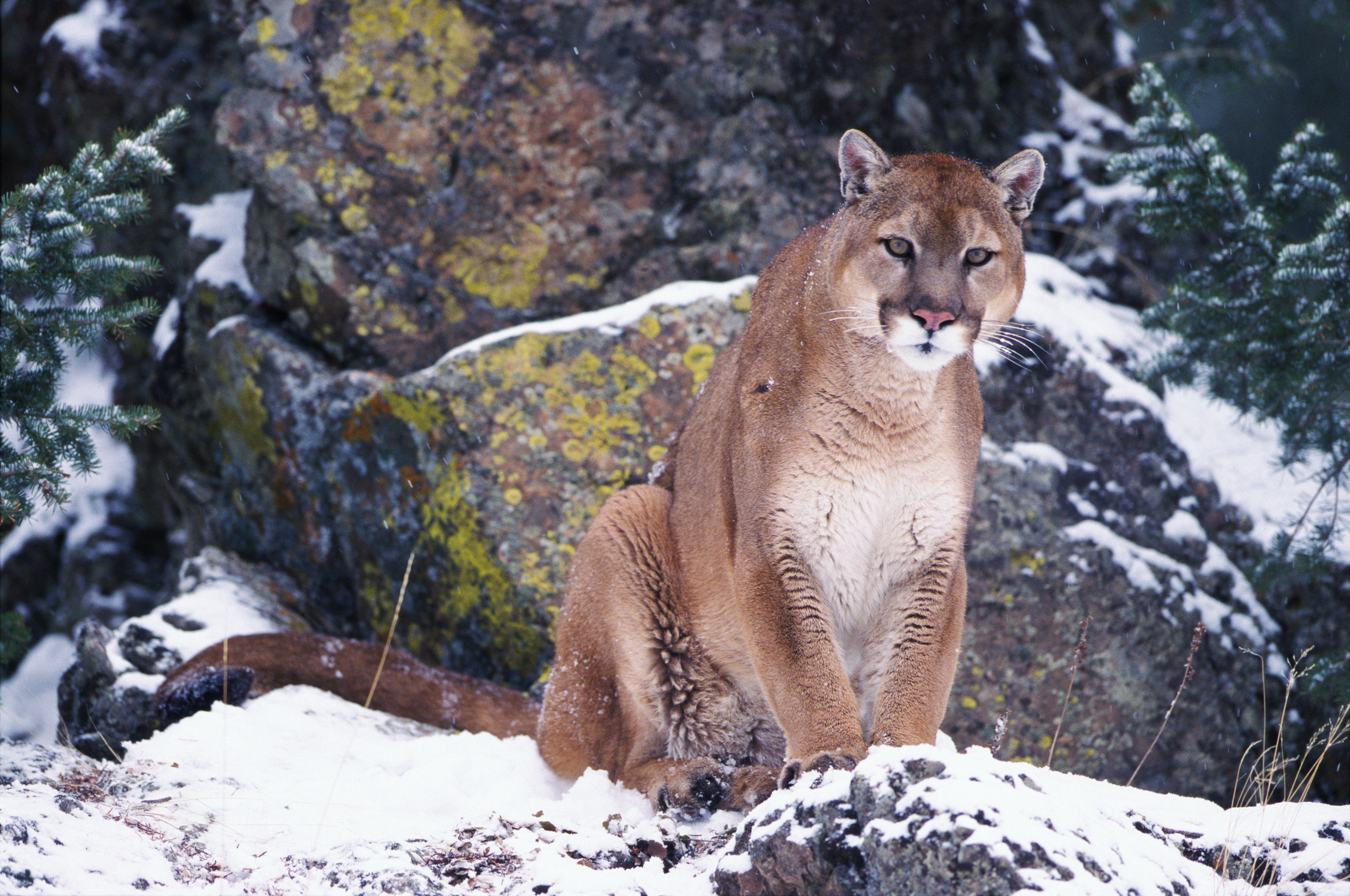The group that mobilized to end mountain lion and bobcat hunting in Colorado apparently has collected a sufficient number of signatures to place the hunting ban on the November ballot.
According to a “Statement of Sufficiency” provided by the Colorado Secretary of State’s office today, the “proponents and designated representatives of Proposed Initiative #91” submitted more than the minimum number of valid signatures to qualify for the ballot. In Colorado, the total number of signatures required for ballot inclusion is 124,238. Representatives of Cats Aren’t Trophies (CATS) submitted an estimated 147,529 valid signatures.
This number is estimated because the tedious process of verifying each signature is replaced with a statistical model that considers a subset of the total. In order to qualify for the ballot, proponents must get signatures from at least 5 percent of the 2.4 million residents who voted in the 2020 election. Five percent of submitted signatures are sampled randomly from the entire collection, and each one is scrutinized to confirm the signature is from a registered voter in each of Colorado’s 35 state senate districts.
According to the Secretary of State’s Election Division, 21 percent of signatures submitted by CATS were rejected as invalid. But the group submitted 187,147 signatures, which was more than enough even with the 21 percent rejection rate. The state projects proponents of I-91 have 147,529 signatures, based on the statistical model, which is more than enough to pass the ballot threshold.
Today’s news turns opposition efforts from discouraging signature collections to fighting a statewide ballot campaign. The last time a natural-resource issue was presented to voters in Colorado, Proposition 114 narrowly passed. That contorversial 2020 initiative required the Colorado Parks and Wildlife Commission to create a plan to reintroduce and manage gray wolves in the state. The first of those wolves were released last winter, widening a deep rift between livestock producers and environmentalists.
Initiative 91 would prohibit hunting for and trapping of mountain lions and bobcats. Opponents say the measure inappropriately removes wildlife management decisions from trained biologists and turns them over to the public. They further note that Colorado has a robust population of mountain lions that is estimated at around 4,000 statewide.
Read Next: Here’s How Hunting Gets Banned
“Under the current science-based management, our mountain lion and bobcat populations are thriving,” says Dan Gates, Campaign Chairman for Colorado’s Wildlife Deserve Better, which he says is “exploring all options available under Colorado law” to challenge the signatures submitted before the ballot is finalized next month.
“This measure continues to be driven by out-of-state extremists who are seeking to threaten the balance of Colorado’s fragile ecosystem,” says Gates. “This ballot measure is dangerous, reckless, and based on absolutely zero scientific research.”
Read the full article here




